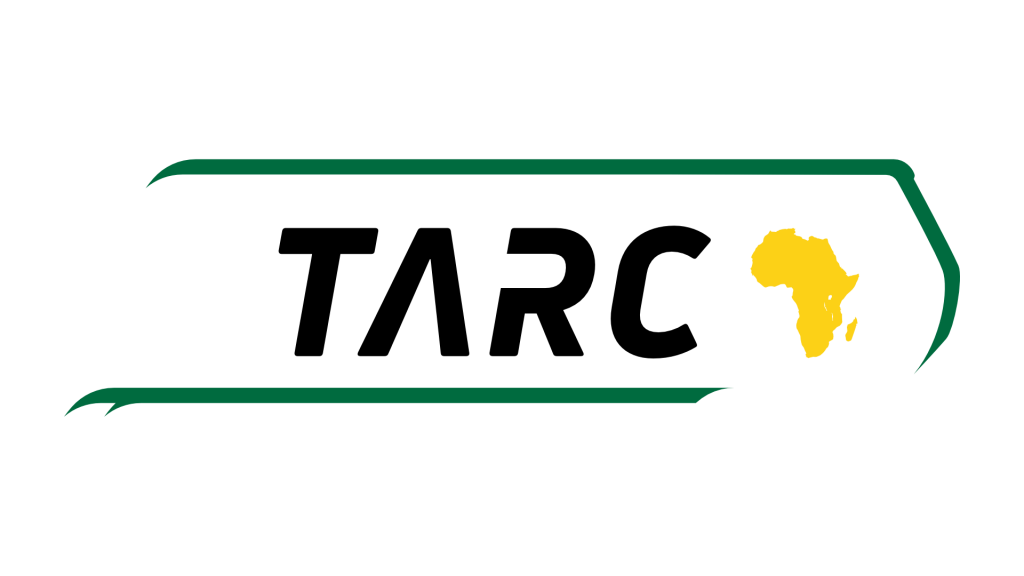Economic Community of Central African States (ECCAS)
The Economic Community of Central African States (ECCAS) was formed in 1983 by the Treaty Establishing the Economic Community of Central African States. It has the primary objectives of promoting Member States’ economic and social development and improving people’s living conditions. Article 4 of the Treaty provides that the Community’s objectives are to:
• Achieve collective autonomy
• Raise the standard of living of its populations
• Maintain economic stability through harmonious cooperation.
The 1999 Malabo Heads of State and Government Conference set out four priority fields for the organisation. These are to: develop capacities to maintain peace, security and stability as essential prerequisites for economic and social development; develop physical, economic and monetary integration; develop a culture of human integration; and establish an autonomous financing mechanism for ECCAS.

